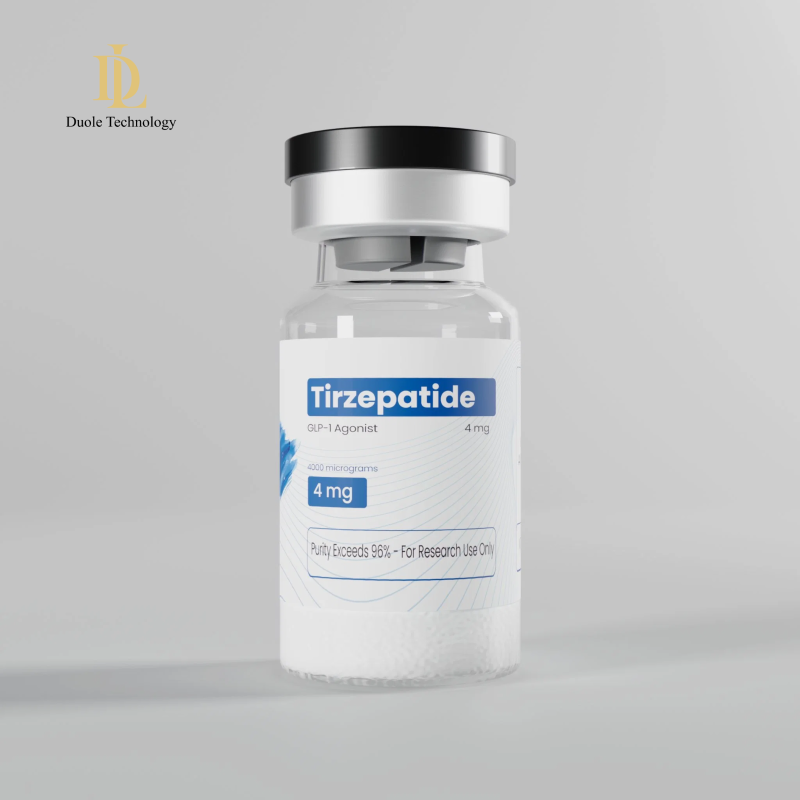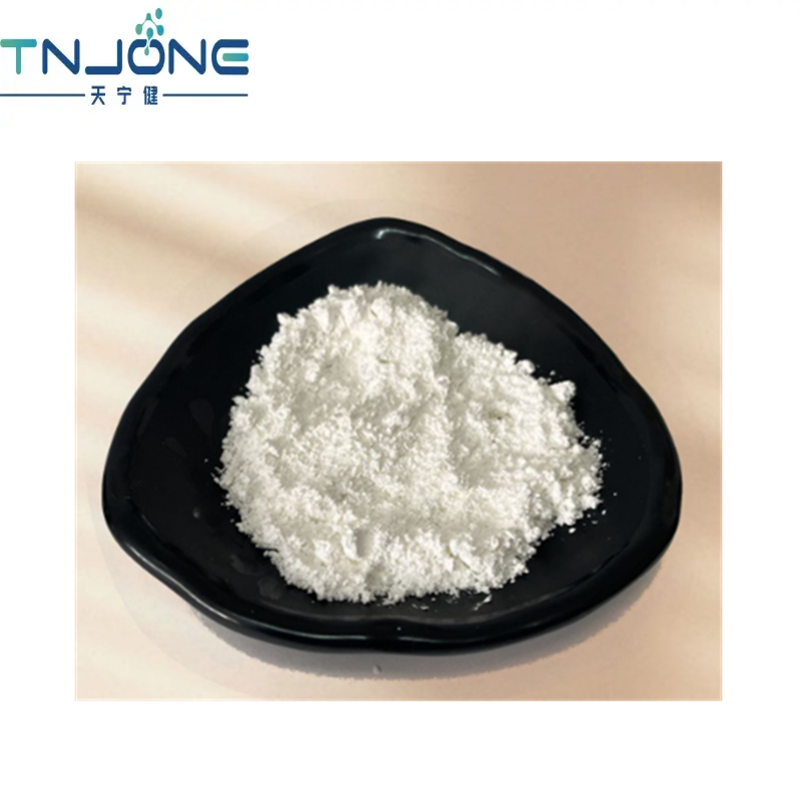-
Categories
-
Pharmaceutical Intermediates
-
Active Pharmaceutical Ingredients
-
Food Additives
- Industrial Coatings
- Agrochemicals
- Dyes and Pigments
- Surfactant
- Flavors and Fragrances
- Chemical Reagents
- Catalyst and Auxiliary
- Natural Products
- Inorganic Chemistry
-
Organic Chemistry
-
Biochemical Engineering
- Analytical Chemistry
-
Cosmetic Ingredient
- Water Treatment Chemical
-
Pharmaceutical Intermediates
Promotion
ECHEMI Mall
Wholesale
Weekly Price
Exhibition
News
-
Trade Service
Levomefolate glucosamine, also known as L-5-methylfolate or levomefolic acid, is a synthetic form of folate, a B vitamin that is essential for cell growth and development.
It is used in the chemical industry as a raw material in the production of various chemicals and pharmaceuticals.
In this article, we will discuss the synthetic routes of levomefolate glucosamine and its industrial applications.
Synthetic Routes of Levomefolate Glucosamine
There are several synthetic routes for the production of levomefolate glucosamine.
The most common method involves the reduction of L-5-methylfolate with a reducing agent such as hydrogen in the presence of a catalyst.
The reaction is commonly carried out in a solvent such as ethanol or methanol.
Another synthetic route involves the synthesis of levomefolate glucosamine from levulose, a type of carbohydrate, through a series of chemical reactions.
The levulose is first hydrolyzed to produce glucose, which is then converted to 5-hydroxymethyl-2-oxo-2,3-dihydrofuran-3-carboxylic acid through a series of chemical reactions.
The acid is then reduced to levomefolate glucosamine using a reducing agent such as hydrogen in the presence of a catalyst.
Industrial Applications of Levomefolate Glucosamine
Levomefolate glucosamine is used in the chemical industry as a raw material in the production of various chemicals and pharmaceuticals.
One of its most common applications is in the production of antifolates, a class of drugs used to treat cancer and autoimmune disorders.
Levomefolate glucosamine is converted to the antifolate methotrexate through a series of chemical reactions.
Methotrexate is used to treat cancer, rheumatoid arthritis, and other autoimmune disorders.
Levomefolate glucosamine is also used in the production of folic acid, another B vitamin that is essential for cell growth and development.
Folic acid is used in the treatment of anemia, heart disease, and other health conditions.
In addition to its use in pharmaceuticals, levomefolate glucosamine is also used in the production of cosmetics and personal care products.
It is used as an ingredient in shampoos, soaps, and other personal care products, due to its ability to strengthen hair and nails.
Overall, levomefolate glucosamine is an important synthetic compound in the chemical industry, with a wide range of industrial applications.
Its use in the production of pharmaceuticals, cosmetics, and other products highlights the important role that this compound plays in our daily lives.







